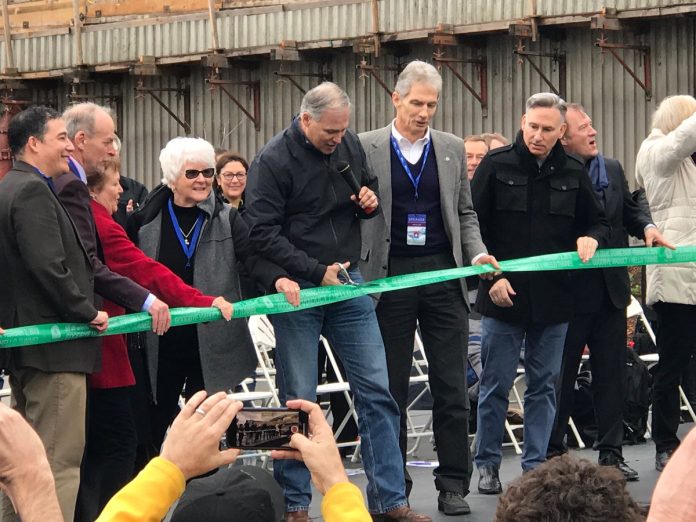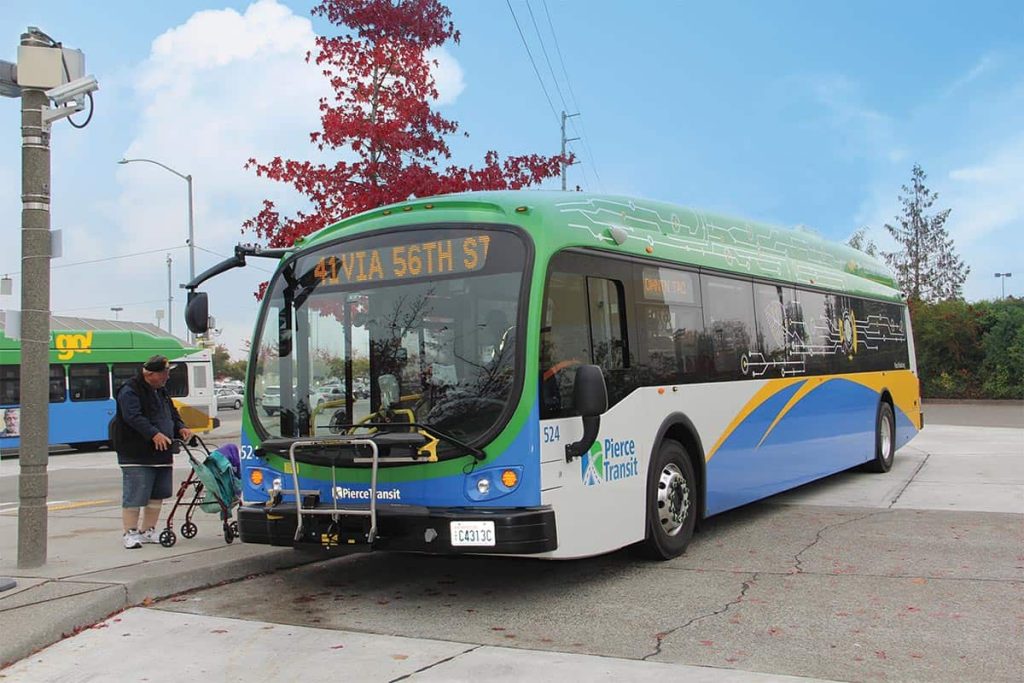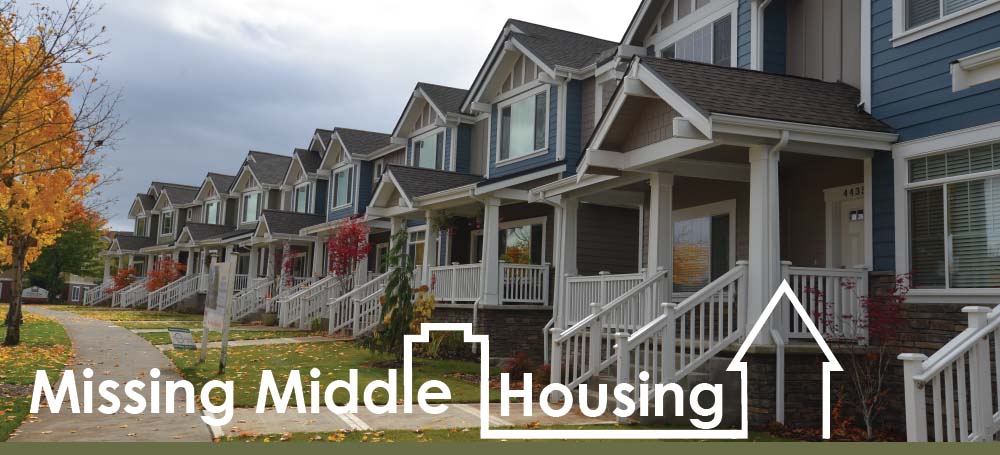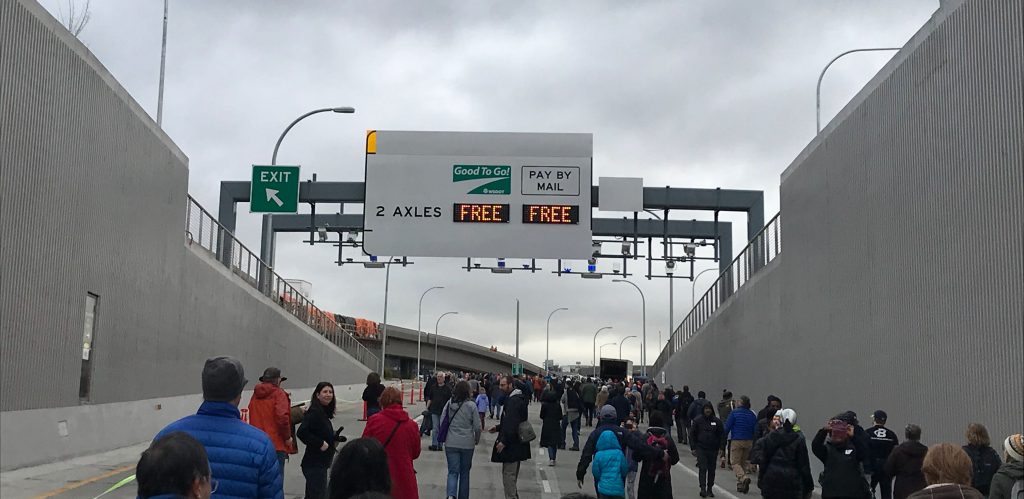
Inslee announces bold climate package for 2021–2023 biennium.
That’s the subject of an email that hit my inbox yesterday afternoon. I skipped the email text and opened the PDF of the proposal. I started reading. Then I start skimming. I go back and re-read in detail various spots.
What’s bold about this?!
No doubt the climate policy wonks love this, but as an activist, a resident and a mother, calling this “bold” leaves me angry and confused.
There’s a plan to cap carbon emissions in some industries, letting them sell their saved emissions (that let others pollute more!) and invest that money into a vague laundry list of programs. But it doesn’t tell me what the caps are or how many industries will reach net zero by what time frame. How is this bold?
There’s a plan to establish a “clean fuel” standard but doesn’t propose a firm timeline by which all transportation has to be carbon neutral. The timeline given “10% reduction by 2028 and 20% reduction by 2035, and further reductions needed to meet the 2050 greenhouse gas limit” fills me with dread. It’s 2020 and every major climate voice I listen to tell me we need to reduce our carbon emissions by half by 2030. Cars and trucks alone are a third of our state-wide emissions. How is this bold?
There’s a plan to electrify the ferries. No doubt we must electrify the ferries, but it’s a relatively small proportion of our state-wide transportation emissions and serves a very small population. There’s a pittance of $15 million to help local transit agencies electrify. As Ryan Packer, an editor here and the Seattle Bike Blog, notes regularly that the most important thing we can do with transit is to get more people riding instead of taking a car trip. Yes we have to electrify, but the biggest and fastest carbon emissions savings are by getting people out of cars as much as possible. Bold, really?
I don’t even want to talk about how a tiny investment in coordinating the plans for high speed rail is not bold. It should be such a small and obvious thing it’s not worth mentioning in a press release about bold climate proposals.
I hesitate to mention the pittance of money going into “educating consumers about electric vehicles.” Why would we do the auto industry’s work for them? Part of the challenge in electric vehicle (EV) adoption is the industry spends many billions a year to convince people to buy huge SUVs and trucks that not only pollute a bunch, but also are a major cause of people walking and rolling dying. Almost none of that auto industry advertising is about EV cars. But if we mandated that cars that emit carbon can’t be driven or sold here after a certain date, then I bet they’d start convincing consumers to buy them! This EV plan is surely not bold. Also who decided to add “especially to residents with low income”? A huge proportion of low-income families do not have cars and if they do they are more commonly older, used cars. There’s no amount of education about EVs that is going to make a poor family suddenly be able to buy one. If you want poor families that are forced to drive to buy an EV, we will have to subsidize them.

There’s a plan to get new buildings to carbon-zero by 2030 and all the existing ones by 2050. But to help low-income families the budget proposal is for $55 million which would help 7,000 low-income household residences. I don’t think that even covers all of Seattle’s low-income homeowner households, a city whose homeowners skew very wealthy compared to the rest of the state. Of course, most low-income folks do not live in homes that they are allowed to retrofit for energy efficiency anyway and their landlords aren’t going to without pretty big carrots and sticks. Still nothing bold.
I would go on but the rest is either vague or a hodge-podge of tiny industry-specific investments. It’s not bold to create yet another advisory panel on equity or to spend all of $5 million more on maritime sector decarbonization.
So that’s a lot of whining about it not being bold. What do I consider bold?

One thing that screamed at me in this proposal was the complete lack of anything related to land use or housing affordability. Even our largest city–Seattle–doesn’t allow dense housing in most of it. Maybe we could end apartment bans statewide? Or at least make duplexes and quadplexes legal everywhere (like Oregon recently did). That seems bolder. Maybe if we built more dense affordable housing where we already have cities and towns, families wouldn’t be forced to move into newly built suburbs on previously undeveloped land just to find any kind of housing. Maybe we could allow more people to live closer to where they work which would reduce the need for so much electrified transportation.
Speaking of transportation, a bold climate transportation plan would include huge new investments in both capital and operations of our transit agencies. The quickest way to reduce carbon emissions from people driving cars and trucks is to offer them a way to not drive at all, at least sometimes. For that, we need transit systems with high frequency and reliability which especially in a post-pandemic economy is going to be hard without additional state funding. Transit investments not only help all those essential workers who are dependent on it, but it also helps folks who can’t drive (a large proportion of disabled folks). Getting folks to convert car trips to something else also helps us reduce road deaths and injuries as well as reducing local pollution that even EVs cause (tire and brake dust).

Another bold option related to transportation: no more new lanes. We shouldn’t expand highways at all. Every new lane is a commitment to pollute. If we manage to decarbonize our society, then most of those lanes will be useless in 30 years (reminder: 2050 is only 30 years away!) Committing to no more highway expansion projects would actually be bold.
I could continue because it’s not hard to come up with actually bold climate change policy. But I do want to end with a mention of the Washington Strong proposal. There’s a lot in there but one bold policy missing from Inslee’s climate proposals is anything to significantly address regressive taxation or revenue constraints. We can’t do climate policy without funding. We need a broad swath of more progressive tax changes, but Washington Strong is proposing a carbon tax to fund bonds now. The bond money would go into climate change mitigation and adaptation, including actually supporting low income households directly. New revenue that we spend aggressively tackling climate change is bold.
Governor Inslee, on his third term in a state that doesn’t normally have three term governors, doesn’t need to win a fourth term. He can be as bold as the moment demands. He will find resistance even for the most milquetoast of proposals, so why not go big? A bold and clear proposal might make people who don’t understand the wonky details care more because they actually understand it and it matches what climate leaders across the world are saying.
When he gets pushback, he can tell the truth: if we want our children to inherit a livable planet, then we must do as much as we can, as quickly as we can.
